order histories, retained contact details for faster checkout, review submissions, and special promotions.
Forgot password?
order histories, retained contact details for faster checkout, review submissions, and special promotions.
Locations
Orders Processing,
Shipping & Receiving,
Warehouse
2 Shaker Rd Suites
B001/B101
Shirley, MA 01464
Production Lab
Floor 6, Suite 620
20700 44th Avenue W
Lynnwood, WA 98036
Telephone Numbers
Tel: +1 (206) 374-1102
Fax: +1 (206) 577-4565
Contact Us
Additional Contact Details
order histories, retained contact details for faster checkout, review submissions, and special promotions.
Forgot password?
order histories, retained contact details for faster checkout, review submissions, and special promotions.
15-PGDH / HPGD
hydroxyprostaglandin dehydrogenase 15-(NAD)
15-PGDH / HPGD is a member of the short-chain nonmetalloenzyme alcohol dehydrogenase protein family. The encoded enzyme is responsible for the metabolism of prostaglandins, which function in a variety of physiologic and cellular processes such as inflammation. Mutations in this gene result in primary autosomal recessive hypertrophic osteoarthropathy and cranioosteoarthropathy. Multiple transcript variants encoding different isoforms have been found for this gene.
| Gene Name: | hydroxyprostaglandin dehydrogenase 15-(NAD) |
| Synonyms: | HPGD, 15-PGDH, PGDH, PGDH1, PHOAR1, Prostaglandin dehydrogenase 1, SDR36C1 |
| Target Sequences: | NM_000860 NP_000851.2 P15428 |
Publications (13)
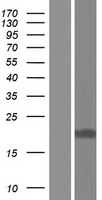

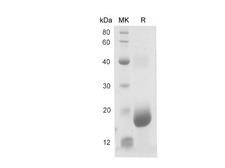
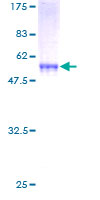
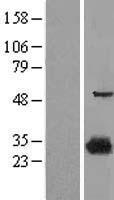



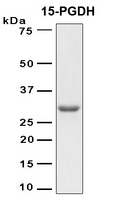
If you do not find the reagent or information you require, please contact Customer.Support@LSBio.com to inquire about additional products in development.









